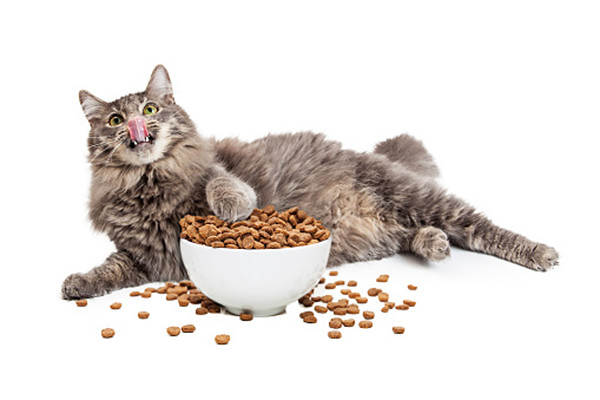Cats are curious creatures with a penchant for exploring their surroundings, including the food on your plate. While it can be tempting to share your meals with your feline friend, certain human foods can be harmful or even toxic to cats. As a responsible pet owner, it is crucial to understand which foods to avoid giving your cat to ensure their health and well-being. In this article, we will discuss common foods that cats should never consume and why they pose a risk.
1. Chocolate

Chocolate is one of the most well-known toxic foods for pets, and cats are no exception. Chocolate contains theobromine and caffeine, substances that are highly toxic to cats. Even small amounts can cause symptoms such as:
- Vomiting and diarrhea
- Rapid breathing
- Increased heart rate
- Seizures
Dark chocolate and baking chocolate are particularly dangerous due to their high theobromine content. If your cat ingests chocolate, seek veterinary care immediately.
2. Onions, Garlic, and Chives
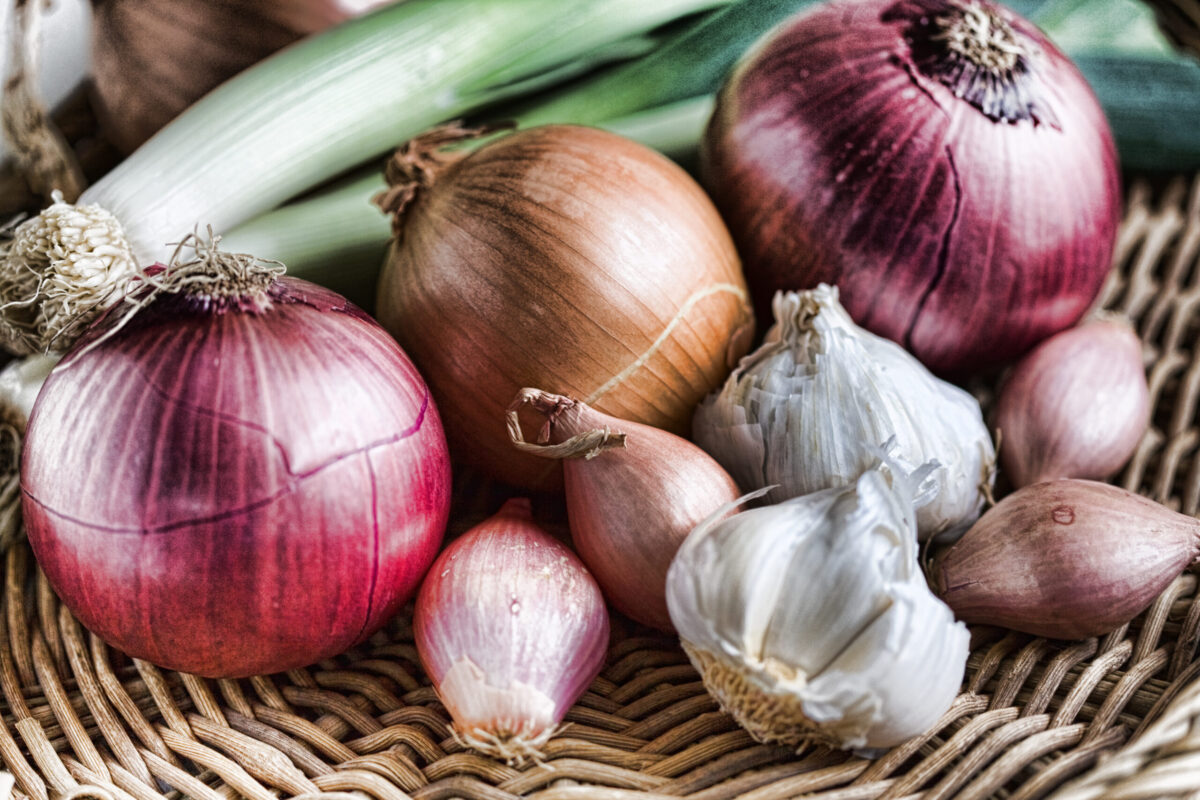
Onions, garlic, and chives belong to the Allium family and are highly toxic to cats. These ingredients can damage red blood cells, leading to anemia. Symptoms of poisoning may include:
- Weakness and lethargy
- Pale gums
- Loss of appetite
Even small amounts of onion or garlic powder in sauces or seasonings can be harmful. Always check the ingredients of any food before sharing it with your cat.
3. Grapes and Raisins
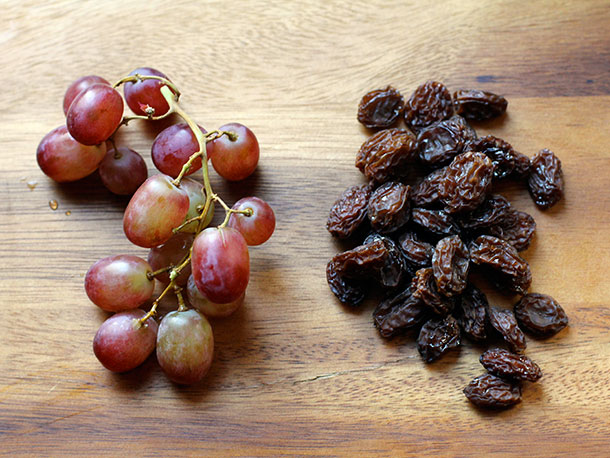
Grapes and raisins are known to cause kidney failure in dogs, and while the exact effect on cats is less understood, it’s best to err on the side of caution. Symptoms of grape or raisin poisoning include:
- Vomiting
- Diarrhea
- Lethargy
- Decreased urination
Avoid offering your cat any food items containing grapes or raisins, including baked goods and snacks.
4. Alcohol
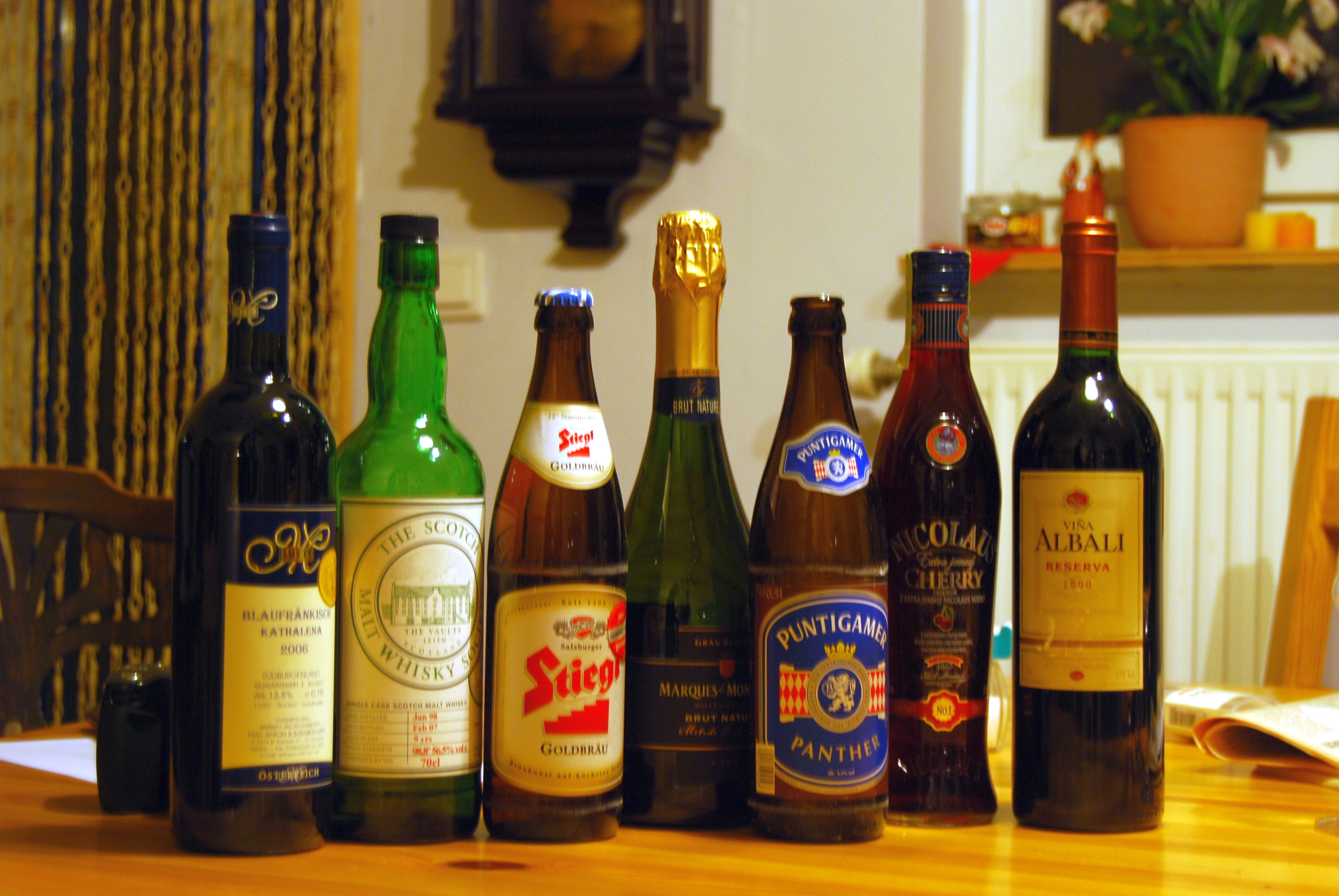
Even small amounts of alcohol can be extremely dangerous for cats. Alcohol can cause:
- Vomiting and diarrhea
- Disorientation
- Difficulty breathing
- Coma
Alcohol poisoning can occur from beverages as well as foods containing alcohol, such as desserts or sauces. Keep all alcoholic products out of your cat’s reach.
5. Caffeine
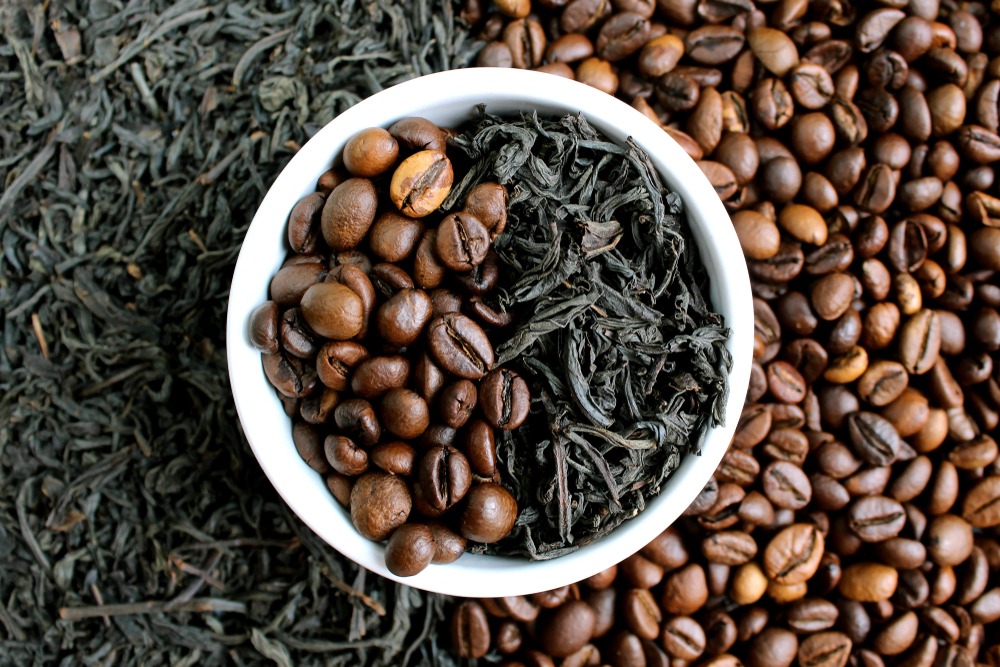
Caffeinated beverages like coffee, tea, and energy drinks should never be given to cats. Caffeine is a stimulant that can lead to:
- Restlessness and hyperactivity
- Rapid heart rate
- Tremors or seizures
Caffeine toxicity can be life-threatening, so avoid leaving caffeinated products where your cat can access them.
6. Dairy Products
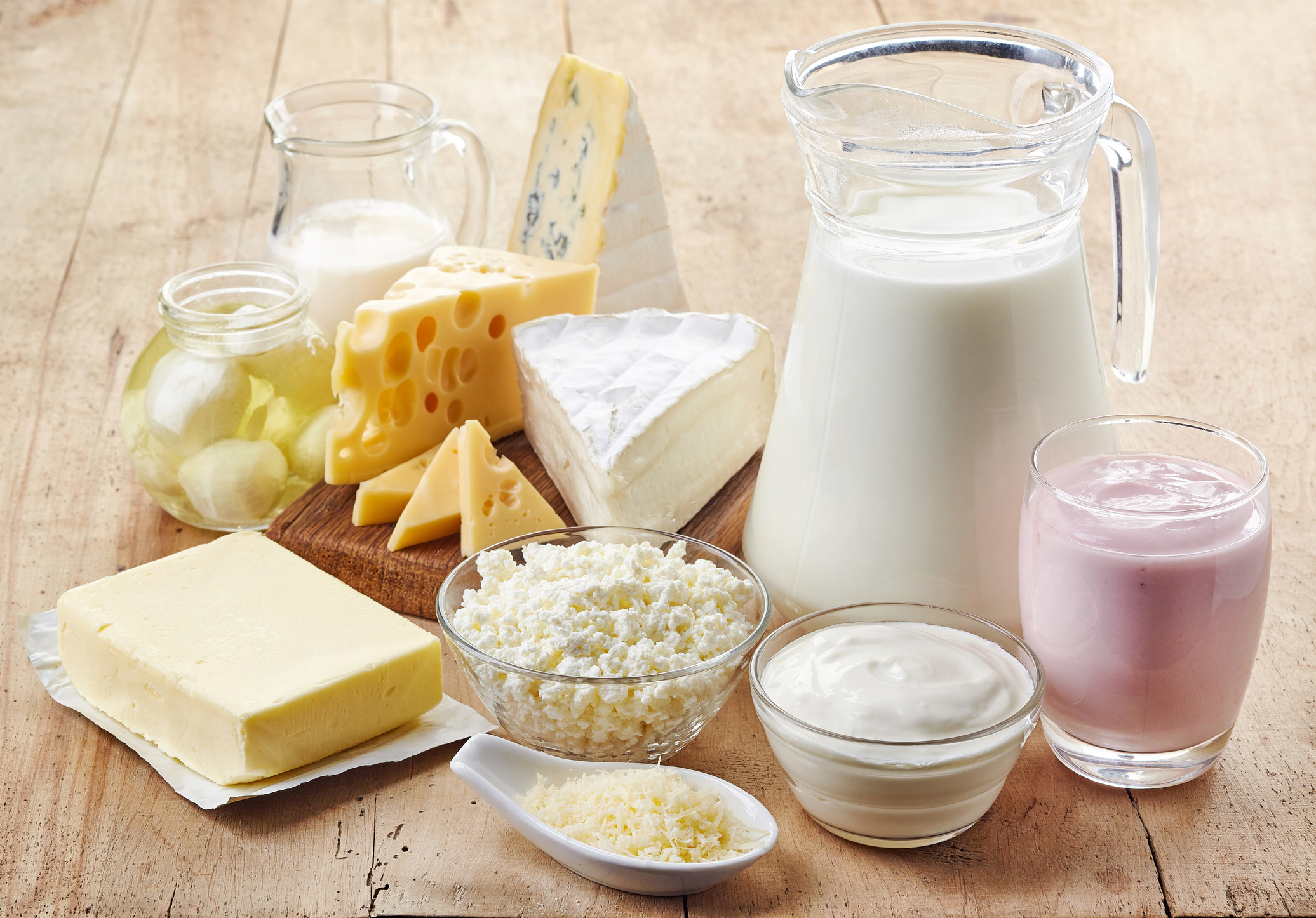
While the image of a cat drinking milk is iconic, many cats are actually lactose intolerant. Consuming milk, cheese, or other dairy products can lead to:
- Upset stomach
- Diarrhea
- Gas
If you want to treat your cat, opt for lactose-free cat milk or other feline-safe snacks.
7. Raw Meat, Fish, and Eggs

Although cats are obligate carnivores, raw meat, fish, and eggs can pose risks. These raw foods may contain harmful bacteria like Salmonella or E. coli, leading to food poisoning. Additionally:
- Raw fish contains an enzyme called thiaminase, which can break down vitamin B1 (thiamine) and lead to neurological issues.
- Raw eggs contain avidin, which can interfere with the absorption of biotin, causing skin and coat problems.
Always cook meat and fish thoroughly before offering them to your cat.
8. Bones and Fat Trimmings
.jpg)
Cooked and raw bones, as well as fat trimmings, can be hazardous for cats. Bones can splinter and cause:
- Choking
- Gastrointestinal blockages
- Internal injuries
Fat trimmings can lead to pancreatitis, a painful and potentially life-threatening condition. Avoid giving your cat any leftovers that include bones or fatty cuts.
9. Xylitol
Xylitol is a sugar substitute commonly found in sugar-free gum, candies, and some baked goods. While its effects on cats are not as well-documented as in dogs, xylitol can cause:
- Hypoglycemia (low blood sugar)
- Seizures
- Liver failure
To be safe, keep all xylitol-containing products away from your cat.
10. Raw Dough
Raw dough, especially yeast-based dough, can be extremely dangerous if ingested by cats. The dough can expand in the stomach, causing:
- Severe bloating
- Stomach pain
- Potentially life-threatening blockages
Additionally, the fermentation process can produce alcohol, leading to alcohol poisoning.
11. Salt and Salty Snacks
Excess salt can be harmful to cats, leading to salt poisoning. Symptoms include:
- Vomiting
- Diarrhea
- Tremors
- Seizures
Avoid sharing salty snacks like chips, pretzels, or cured meats with your cat.
12. Avocado
Avocado contains a substance called persin, which is toxic to many animals, including cats. While the flesh of the avocado is less toxic, ingestion can still cause:
- Vomiting
- Diarrhea
- Gastrointestinal upset
The pit and skin are particularly dangerous, as they contain higher concentrations of persin.
13. Human Medications
Although not a food, it’s important to mention that many human medications are toxic to cats. Pain relievers like ibuprofen and acetaminophen can cause severe liver and kidney damage. Always store medications securely and consult your veterinarian before giving your cat any drugs.
How to Protect Your Cat
To keep your cat safe, follow these guidelines:
- Keep Toxic Foods Out of Reach: Store harmful foods in sealed containers and keep them off countertops or tables.
- Educate Family Members: Ensure everyone in the household knows which foods are dangerous for cats.
- Provide Cat-Safe Alternatives: Treat your cat with specially formulated feline snacks instead of human food.
- Monitor Your Cat’s Behavior: If you suspect your cat has ingested something harmful, contact your veterinarian immediately.
- Know Emergency Contacts: Keep the number of your vet and a pet poison hotline handy in case of emergencies.
Conclusion
While sharing food with your cat may seem like a way to bond, it’s essential to know which foods are safe and which are not. Chocolate, onions, grapes, alcohol, and many other common foods can pose serious health risks to your feline friend. By being informed and cautious, you can ensure your cat stays healthy and happy. Always consult your veterinarian if you are unsure about a specific food or if your cat shows signs of illness after eating something unusual.
More posts you might be interested in:














